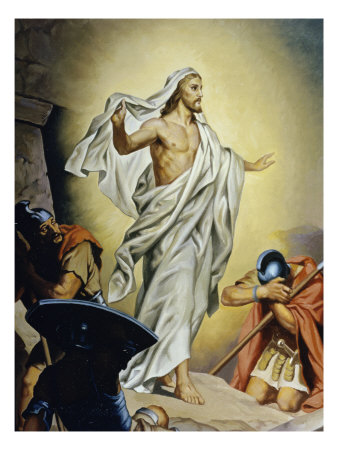
Because God’s children are human beings—made of flesh and blood—the Son also became flesh and blood. For only as a human being could he die, and only by dying could he break the power of the devil, who had the power of death.
Heb. 2:14 NLT
As a pastor, many parishioners ask, “How do you know that God cares?” We know God cares because Jesus came among us, he experienced our suffering, and he knew all our temptations and trials. God in Christ did not remain aloof, cast an disapproving eye, and remain indifferent to our desperate plight. Out of love, Jesus set aside his heavenly status and was rejected, betrayed, and humiliated. Jesus understands every life struggle that we have ever experienced or will ever face. Jesus understands everything.
Jesus Christ did not remain at base headquarters, receiving reports of the world’s suffering from below and shouting a few encouraging words to us from a safe distance. No, He  . . . came down where we live in the front line trenches  . . . where we contend with our anxieties and the feeling of emptiness and futility, where we sin and suffer guilt, and where we must finally die. There is nothing that he did not endure with us. He understands everything.
Helmut Thielicke, Christ and the Meaning of Life, trans. John W. Doberstein (New York: Harper, 1962), 18.






